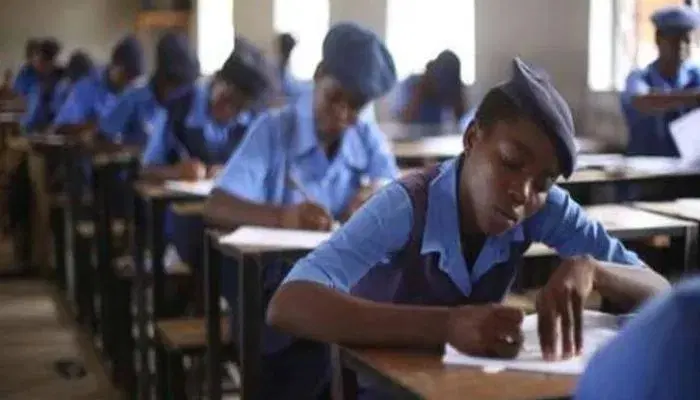As schools in the Federal Capital Territory (FCT) resumed today, many parents and guardians are grappling with the rising cost of education, with inflation and economic hardship pushing families to the brink.
For households across Abuja, the new academic session for basic and secondary schools has brought more anxiety than relief, as financial constraints overshadow aspirations for quality learning. Data from the National Bureau of Statistics (NBS) show that inflation stood at 21.88 percent in July 2025, eroding disposable income and worsening the financial burden of tuition, uniforms, books, and other expenses.
Beyond inflation, widespread unemployment and underemployment have further limited families’ ability to meet educational commitments. Many parents who once managed to keep their children in private schools are now being forced to transfer them to cheaper institutions or delay payments.
One such parent is Obiageli Okoro, a single mother of two in Abuja. She explained how her modest income from petty trading, supported by family contributions, could no longer sustain rising fees. “I tried everything I could working extra hours, borrowing from friends but it was never enough. I had to choose between feeding my children and paying their school fees,” she said. Okoro has now begun arrangements to move her children to a less expensive school.
Her experience reflects a wider reality. A father of four, Sunday Eze, noted that fee reminders from schools often left him anxious. “Sometimes, my children are sent home, and they cry because they don’t want to miss classes. I don’t know what to do this session ahead of resumption,” he lamented.
Some families have taken more desperate steps. The Guardian reports that parents are turning to crowdfunding on social media, while others are selling personal belongings to meet tuition obligations. For widower Ezekiel Zamber, raising three children meant parting with valuable items. “I had to sell some of my possessions just to pay fees and buy learning materials,” he said.
Education experts warn that if these challenges persist, Nigeria risks a further decline in school enrolment and completion rates, particularly among low-income households. They stressed the need for targeted government intervention, including subsidies and scholarships, to ease the burden on struggling families and safeguard access to education.





